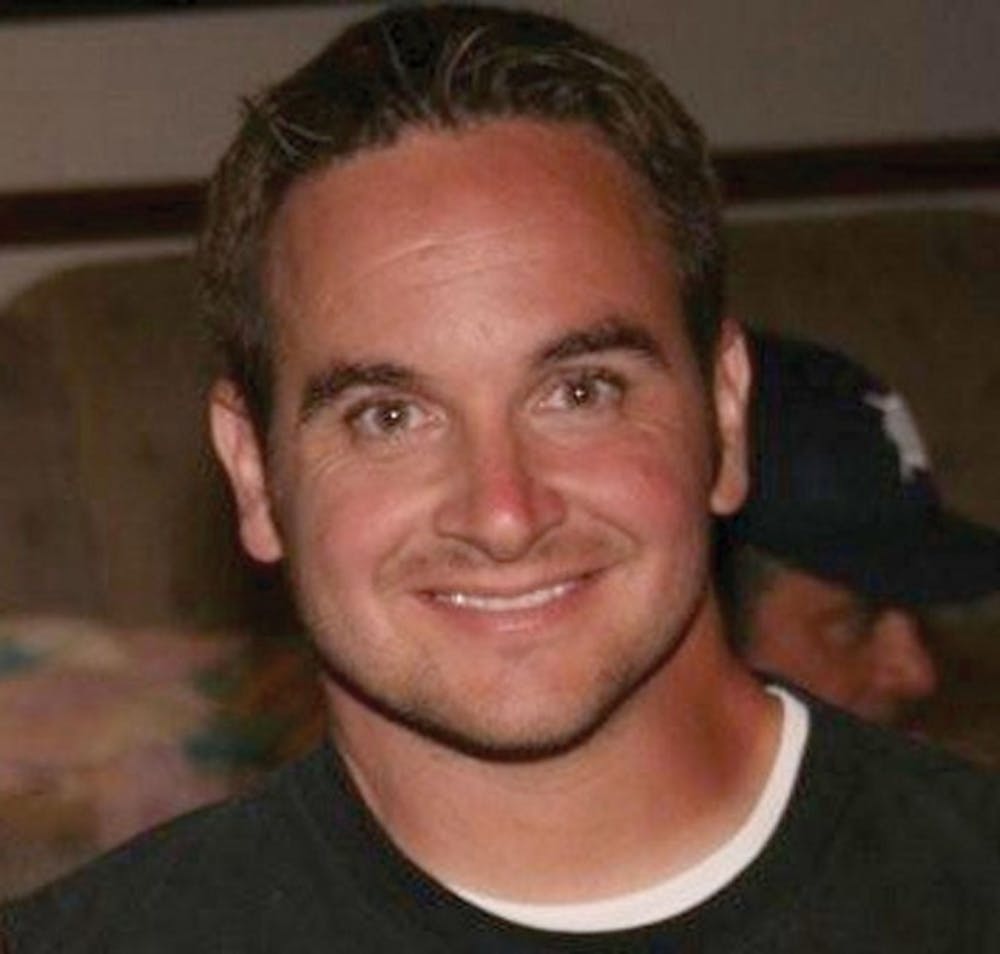Mental illness is often considered a taboo topic, as it remains personal to many individuals. Mental illnesses are shrouded by many misconceptions that make some individuals nervous to discuss the topic. In a class held at UB last semester, this couldn't have been further from the truth.
Michael Rembis, a visiting scholar in the Department of History and the Center for Disability Studies, left no subject untouched when trying to raise students' awareness about exactly what mental illness is and whom it affects. His course, "Madness in America," outlines the history of diagnosis, treatments and stigmas associated with mental illness from the founding of America until modern times.
Courses like "Madness in America" and others exploring various disabilities will be offered next fall as part of the new disability studies master's program. The program will focus on the social and historical aspects of numerous disabilities and will be run by the Center for Disability Studies.
According to Rembis, the program coursework involves 15 credit hours of core classes as well as an additional 15 credits in elective courses.
Many already-established courses may be compatible with the new program, as course material is bound to overlap into different departments. On top of the program coursework, students need to complete a thesis or participate in an internship.
"[The program] will change the way people look at disability by looking at historical aspects," Rembis said. "Different cultures view mental illness differently, and by humanizing these disabilities, it is easier to reduce stigmas about them."
Rembis' course showed that mental illness has been with Americans since the founding of the colonies. People that showed any symptoms or peculiarities were said to be "distracted" or possessed by demons.
Over time, mental illness has been classified with other medical conditions and approached in a more scientific manner. Since World War II, there has been an increase in reported mental illnesses, which have since become embedded in American society and culture.
In more recent times, people with any form of mental illness have been able to connect with others and establish, in a sense, a movement dedicated to helping and advancing the cause.
"[The course] reveals the lives and experiences of people you wouldn't normally consider," Rembis said. "In fact, as people become more emotionally open, it is clear that a growing portion of people are impacted by mental illness."
Pharmaceuticals like Thorazine and Valium have been prescribed to help with mental illnesses. These drugs, however, aren't a cure for the illness but rather a way to subside symptoms, according to Rembis.
"There is no cure for mental illness," Rembis said. "We live in an era where we expect that everything can be easily fixed, but mental illness simply can't be."
In the future, "Madness in America" and the new master's program may help reduce the stigma associated with mental illness and disabilities in general.
"The definition of disability is always changing," Rembis said. "If dependence on pharmaceuticals is lessened and new approaches toward [disabilities] are implemented, stigmas may eventually change."
The program is headed by Rembis and David A. Gerber, the director of the Center for Disability Studies.
E-mail: news@ubspectrum.com





